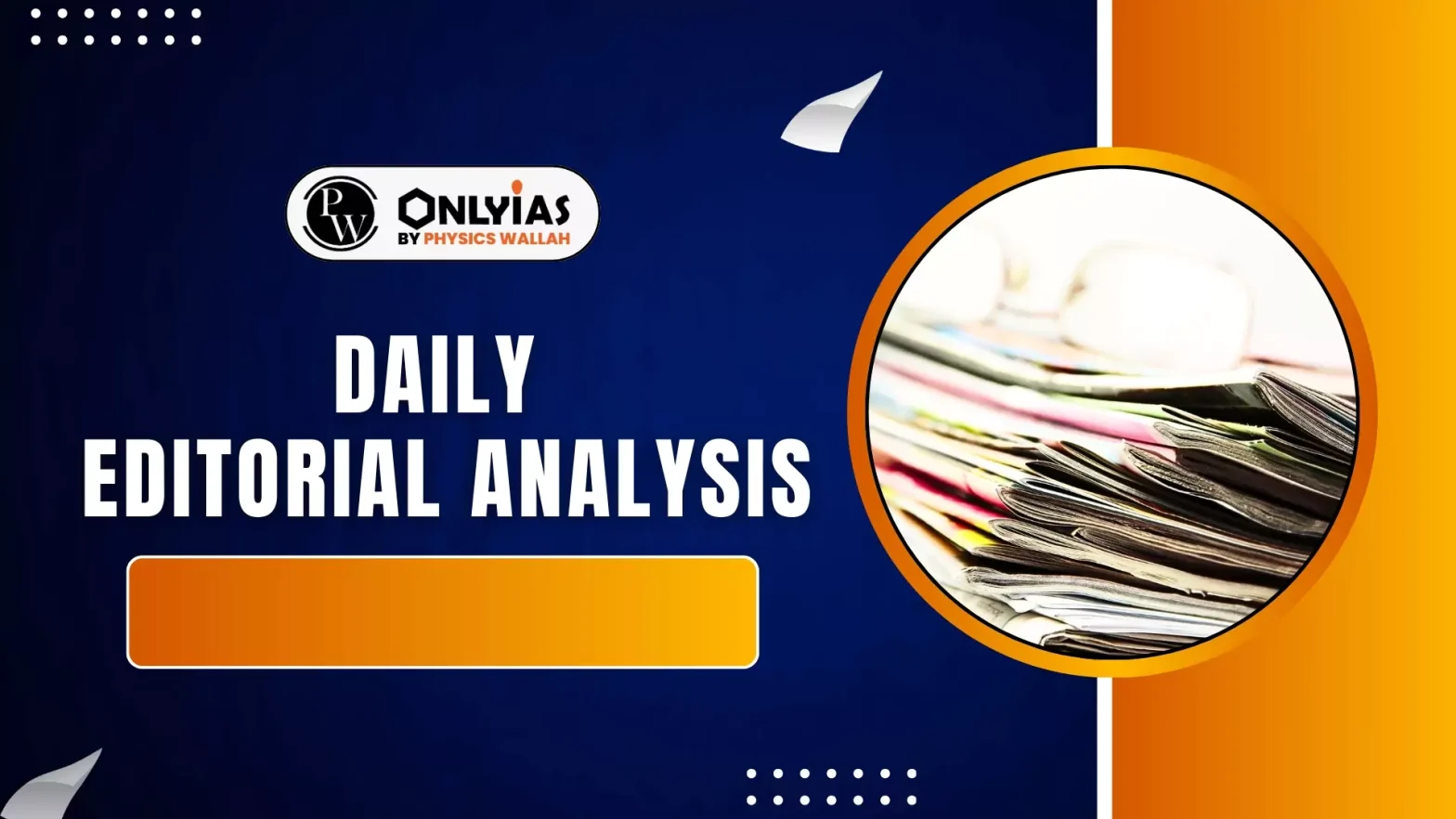As admission season begins, colleges across India promise knowledge, transformation, and research excellence.
Challenges Associated with Higher Education In India
- Gap between Degree and Employability: Despite growing educational qualifications, unemployment increases with higher education, according to the Ministry of Statistics. This reveals a critical gap between degrees and employability.
- Resource Constraints: Most students pursue BA, BCom, or BSc degrees in non-elite colleges, which suffer from resource constraints, dated curricula, and weak industry linkages.
- Disconnect in Curriculum Design: Education remains theory-heavy. For instance English literature students lack professional writing skills. Economics graduates may not know Excel or data tools. This skill gap undermines their job-readiness.
- Scholarship Over Employability: A deep-rooted academic culture continues to value abstract learning. Many pursue PGs or PhDs not for jobs, but as a refuge from the job market, creating a self-perpetuating cycle.
- Stigmatizing Skill training: Unlike China and Japan, where technical and vocational education is central to workforce planning, India still stigmatizes skill-based training. It is often seen as a lesser alternative, both in academia and society.
- Credentials Without Guarantees: Degrees are widely seen as symbols of upward mobility, yet they increasingly fail to deliver employment or dignity especially for students from Tier 2 and 3 cities and under-resourced institutions.
- Superficial Reforms: Despite new courses in AI and entrepreneurship, they often lack depth and are poorly integrated and Do not address core curriculum gaps
Way Forward
- Government interventions: Schemes like Skill India, Start-Up India, and the National Education Policy (NEP) aim to enhance vocational skills and entrepreneurship.
- Balancing Abstraction and Application: While liberal education fosters critical thinking and creativity, it must also offer tangible economic value. The focus must shift to degrees that enable:
- Agency
- Economic empowerment
- Dignity in work
- Practical Approach: To bridge the employability gap, general degrees should integrate core skill modules such as Communication, Digital Literacy, Budgeting, Data Analysis, Hospitality, Tailoring, and Health Services, ensuring graduates are job-ready across diverse sectors.
- Reorientation: PhD programmes should be reoriented to prepare scholars for Policy, Analytics, Consulting, Development Sectors, and Industry Roles, not just traditional academic careers.
- Reducing Overdependence: The overwhelming focus on government exams reflects a lack of viable alternatives. To shift this trend, India must strengthen private sector pathways, promote entrepreneurship, and improve practical skill training for youth.
Conclusion
India’s growing economy needs an education system that enrols and equips, links learning with livelihoods, and honours the social contract of education as a means of empowerment.
![]() 31 May 2025
31 May 2025

